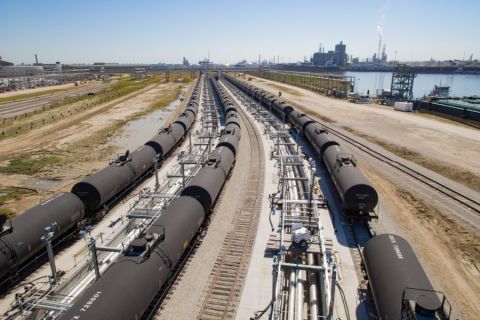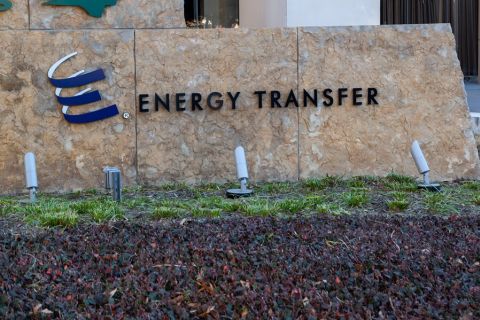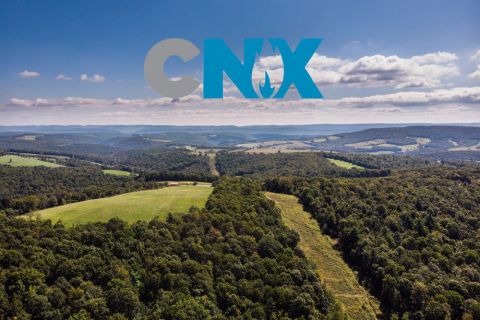For natural gas producers, the outcome of the entire year depends on just one month, said Mark Papa, chairman and chief executive of Houstonbased EOG Resources Inc. at a recent IPAA/TIPRO luncheon in Houston. “If you screw up January in terms of weather, you screw up gas prices for the entire year,” he said. “The past two winters have turned out to be miserable from a natural gas producer’s standpoint.” Papa said January 2006 was the warmest January in 112 years, which caused the amount of gas used in the U.S. to drop, which in turn caused a drop in gas prices for the rest of 2006. Though 2007 started out much the same way, Papa said a colder than normal February was the industry’s saving grace. “This winter, the first week of December was great, but for the rest of December and the first half of January, the bottom fell right out of the weather again,” he said. “About mid- January, old Mark was going to Monster.com to put his resume up there and change careers. But mid-January, things turned around, and we had a much colder than average February.” Papa predicted that because of the colder February the U.S. experienced this year, gas prices would average between $8 and $8.50 for the remainder of 2007. “The bottom line is the past two winters have been pretty uninspiring if you happen to be a gas producer,” he said. “We’ve either had two unfortunate winters back-to-back or global warming is really taking a bite.” Papa said because of large unconventional gas plays in the U.S., such as the Barnett and Fayetteville shales, many gas “bears” believe gas supply is growing, some claim by as much as 4% per year. EOG’s analysis is more conservative. Papa said his company predicts U.S. supply will grow 1.4% per year, even though it has been flat for about seven months. Despite a drop in prices, Papa cautioned producers that may be thinking of backing off on their drilling programs by comparing the current situation in Canada to what could happen in the U.S. In the third quarter of 2006, drilling began to decelerate in Canada and is still doing so. This slow down will cause the Canadians to go from 1% growth to a negative 2.5% growth in 2007. “This could happen in the U.S. just as fast if we don’t keep our foot on the accelerator,” he said. Though Canadian imports are expected to decline because of the slowdown in drilling, LNG imports are expected to increase, which means the U.S. natural gas market is not likely to feel the effects of Canada’s decrease in production. Papa said he expects North American drilling activity to remain reasonably robust for 2007 and 2008. As for the future of natural gas demand in the U.S., Papa said it will be driven by electric generation.
Recommended Reading
Canadian Railway Companies Brace for Strike
2024-04-25 - A service disruption caused by a strike in May could delay freight deliveries of petrochemicals.
Talos Energy Expands Leadership Team After $1.29B QuarterNorth Deal
2024-04-25 - Talos Energy President and CEO Tim Duncan said the company has expanded its leadership team as the company integrates its QuarterNorth Energy acquisition.
Energy Transfer Ups Quarterly Cash Distribution
2024-04-25 - Energy Transfer will increase its dividend by about 3%.
Guyana’s Stabroek Boosts Production as Chevron Watches, Waits
2024-04-25 - Chevron Corp.’s planned $53 billion acquisition of Hess Corp. could potentially close in 2025, but in the meantime, the California-based energy giant is in a “read only” mode as an Exxon Mobil-led consortium boosts Guyana production.
CNX, Appalachia Peers Defer Completions as NatGas Prices Languish
2024-04-25 - Henry Hub blues: CNX Resources and other Appalachia producers are slashing production and deferring well completions as natural gas spot prices hover near record lows.





